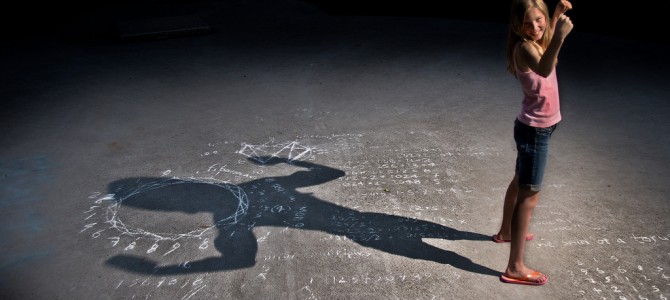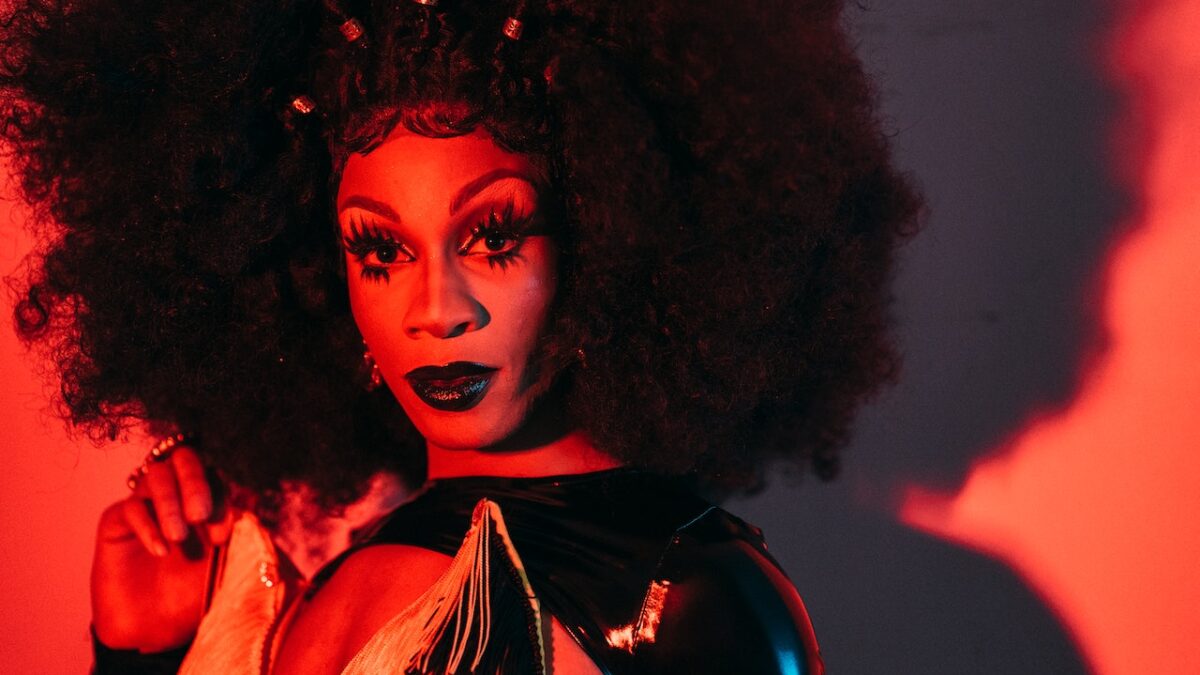
Since I have three daughters, I forgive people for making some assumptions. Such as thinking I would find the Always #LikeAGirl ad campaign awesome. In it, adults and a young boy of indeterminate age, who appears close to adolescence, are asked to run, throw, and fight like a girl. They inevitably offer stereotypical interpretations. They flail, they worry about their hair, they throw scratches instead of punches. Then a few young girls are asked to do to the same things. They don’t act. They just run, hit, and throw. Thus Always proves that adults and older kids are better at recognizing they’re being asked to portray a stereotype. Younger kids aren’t as good at it. But don’t take my word for it, check it out for yourself.
Honestly, as marketing goes, it’s a smart and reasonably entertaining campaign. Watching the blonde try to explain why her portrayal contributes to continued hurtful phrases is entertaining, especially since she is getting paid mostly for being a girl who is easy on the eyes. The question looms, though. Is telling people they do something “like a girl” really a huge insult that risks girls growing up thinking they’re not worthwhile, that they’re incapable of success? Maybe your expectations of young girls are too low. And maybe marketers, politicians, and other advocacy groups are wont to take advantage of those low expectations.
Women Have Always Been Awesome
Before we proceed any further, I must confess that my entire premise is predicated on the fact that women and men are different and that’s a great thing. As Mark Twain said, “What would men be without women? Scarce, sir…mighty scarce.” At the same time, women aren’t all that delicate, even if they are the fairer sex and not generally exemplars of physical prowess. This isn’t a radical, fringe opinion, as evidenced by the actors in the Always commercial who weren’t upset about anything until the director explained to them that they were, in fact, disparaging girls and should be ashamed. Then they got serious and started analyzing just how disparaging their behavior was. A better response would have been to protest that all they were doing was what asked of them.
As a father of daughters, though, I am perturbed by the notion that girls are too sensitive to handle anodyne playground taunts and need hygiene companies to save them. Conversely, I also bristle at the idea that their happiness and success is predicated on how well they can perform stereotypically male activities. On how much money they can make and what title they can earn. On their physical prowess. On being really good batteries and consumers who aren’t so worried with love. Whoever convinced large swathes of the population that women, who for pretty much all of history were running things while the men were busy getting injured or killed in attempts to procure resources, just began breaking forth from their shackles was a diabolical genius.
Here’s a pro tip: If you think going to an office and creating a spreadsheet is the paragon of success, even better than producing children and managing the complexities of household budgeting and operations, you probably need to step back and try to assess exactly what’s gone wrong in your life to cause you to get to this point. Unless what went wrong is that you were kicked in the head by a mule and find creating a spreadsheet to be one helluva accomplishment. I won’t judge you there.
Marketers Profit from Insecurity
I will judge you, though, if you suggest that marketing campaigns should try to change the world and stop girls from being girls. Even as I am awed by your ability to get from a discussion of how ads revolving around empowerment and destroying stereotypes prove the need for more socialist policies. (Again with the lowered expectations. Women could create spreadsheets #likeaboss if only the government would do more to help them #LeanIn.)
What if the answer were: society? Because then the responsibility would be shared. It would be up to governments to ensure there was sufficient affordable childcare. It would be up to companies to ensure that working hours did not penalise parents and that hiring committees did not discriminate.
I’ll take this seriously when someone starts a campaign for unisex jumpsuits a la old-school sci-fi. Clothes are the ultimate bastion of oppression, what with the expectation to rock eye-popping cleavage and the like. Until such a campaign emerges, though, I’m not going to take too seriously the fact that Always is selling women products made specifically for women by claiming that men and women are totally the same and this is definitively proven by actors who do what the director asks of them. Hakuna matata. Always and various other purveyors of feminine hygiene products are looking out for you.
I am fascinated by the recent social awareness campaigns launched by Procter & Gamble brands, Always and Pantene which created dynamic videos that have gone viral on social media. Both the #LikeAGirl campaign by Always which is working to change the perception of the word ‘girl’from a negative connotation to a positive term and the ‘Shine Strong’ campaign by Pantene which encourages women to be confident and not apologize are creating an active social conversation about important women’s issues.
The author of the above, written for HuffPo, natch, then goes on to say of the “like a girl” insult: “Phrases get so embedded and entrenched in our culture, often putting a particular group of people at a disadvantage.”
Go ahead and try searching for the origins of the insult. Hopefully you’ll have better success than I did and can illuminate us in the comments. But it seems to be a concept that has been with us for a while. Maybe because men tend to have more physical prowess than women and men, particularly young men, like to taunt one another.
Families Should Raise Kids, Not Ad Men
Yet despite this entrenched phrase, millions of women have managed to live successful, fulfilling lives without the aid of an advertisement for tampons. My wife, my sister, my sisters-in-law, my female friends, and many of my female coworkers come to mind. And that’s not even getting into famous women such as Sheryl Sandberg who somehow managed to #LeanIn without the emotional support of Always or Pantene.
Regardless, why are nebulous “social awareness” campaigns all the rage in advertising? Is it because Always and Pantene really care about smashing stereotypes, even ones displayed in response to a leading question? Do Always and Pantene think women are so delicate that without a new tampon or shampoo commercial they will have to retire to their fainting couches upon hearing words or phrases such as “bossy” or “like a girl?” Are Always and Pantene dedicated to ensuring that girls like my daughters, who are pretty argumentative when it comes to defending some stereotypes (women, amirite?), continue to play softball and soccer without compunction?
Perhaps the people who run those companies are really concerned, but that’s not what motivates these campaigns. I know it’s crazy to think, but maybe, just maybe, #LikeAGirl, #BanBossy, and #WhateverElse are driven by an old-fashioned desire for money. And maybe, just maybe, a good way to make money is to sell self-esteem instead of a product.
Rather than just rely on instinct, I decided to test the Always experiment. I asked my almost 5-year-old to kick like a girl. She just kicked. I asked my almost 7-year-old to punch like a girl. “You want me to hit you?” “No, Tyler Durden, this isn’t ‘Fight Club.’ Punch the couch cushion.” She just punched. In a few years, they’ll figure out what I was actually asking them to do. It won’t change their life trajectory one whit. They may grow up to become white-collar professionals who bang out spreadsheets with ease. They may grow up to be housewives. They may grow up to be professionals who still run their households. Because they’re not being raised by playground taunts and advertising campaigns revolving around stereotypes, but the wife and I. Because our expectations aren’t low, we’re raising them to become adults who weren’t permanently crippled by some insult they overheard the boys hurling at one another back in third grade.









